Child Protection
Strengthening Block Level Child Protection Committees (BLCPCs) on Child Rights & Child Protection
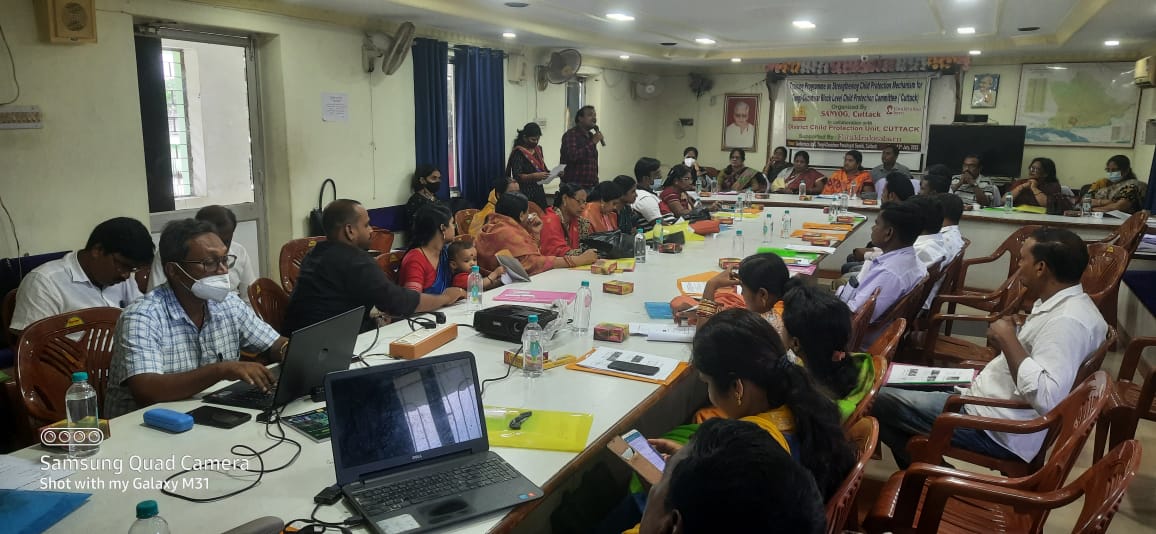
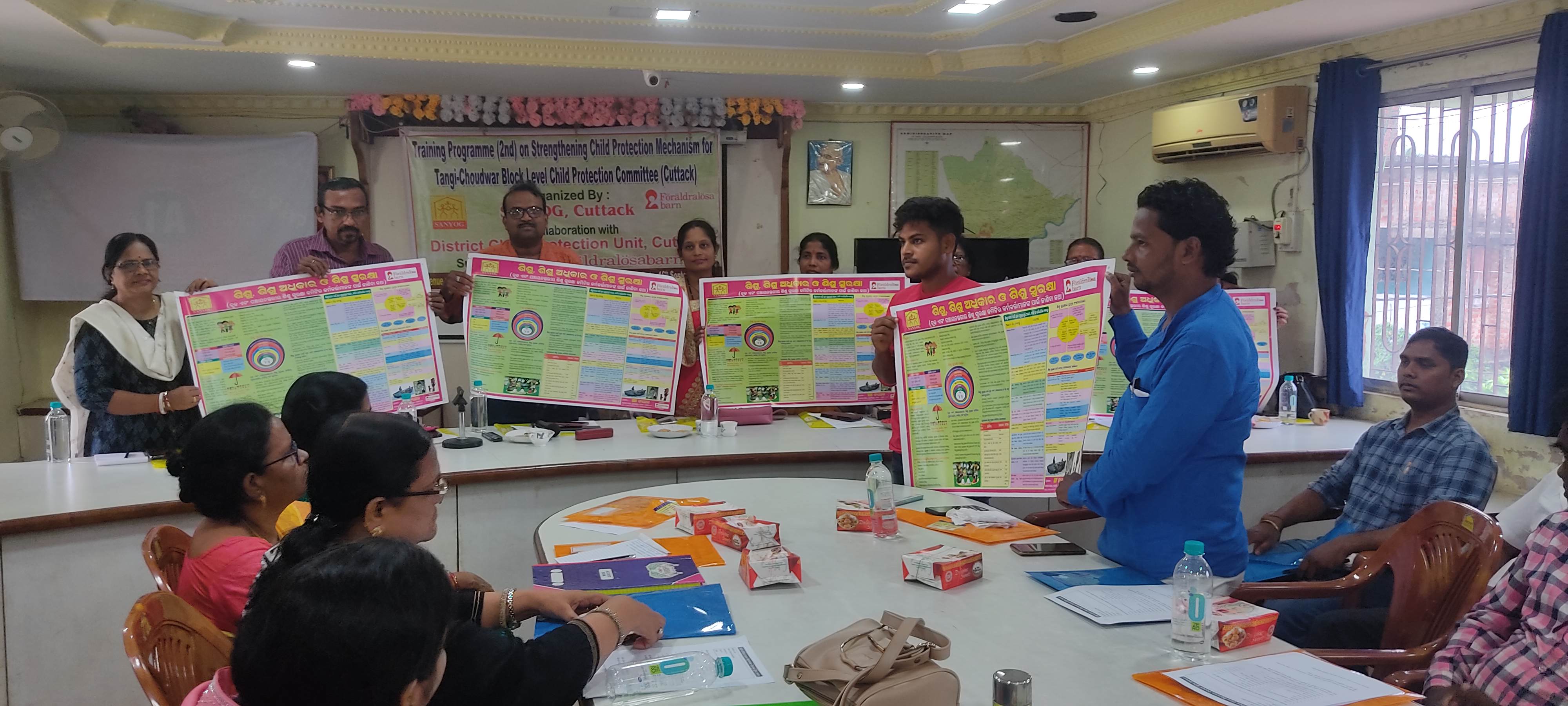
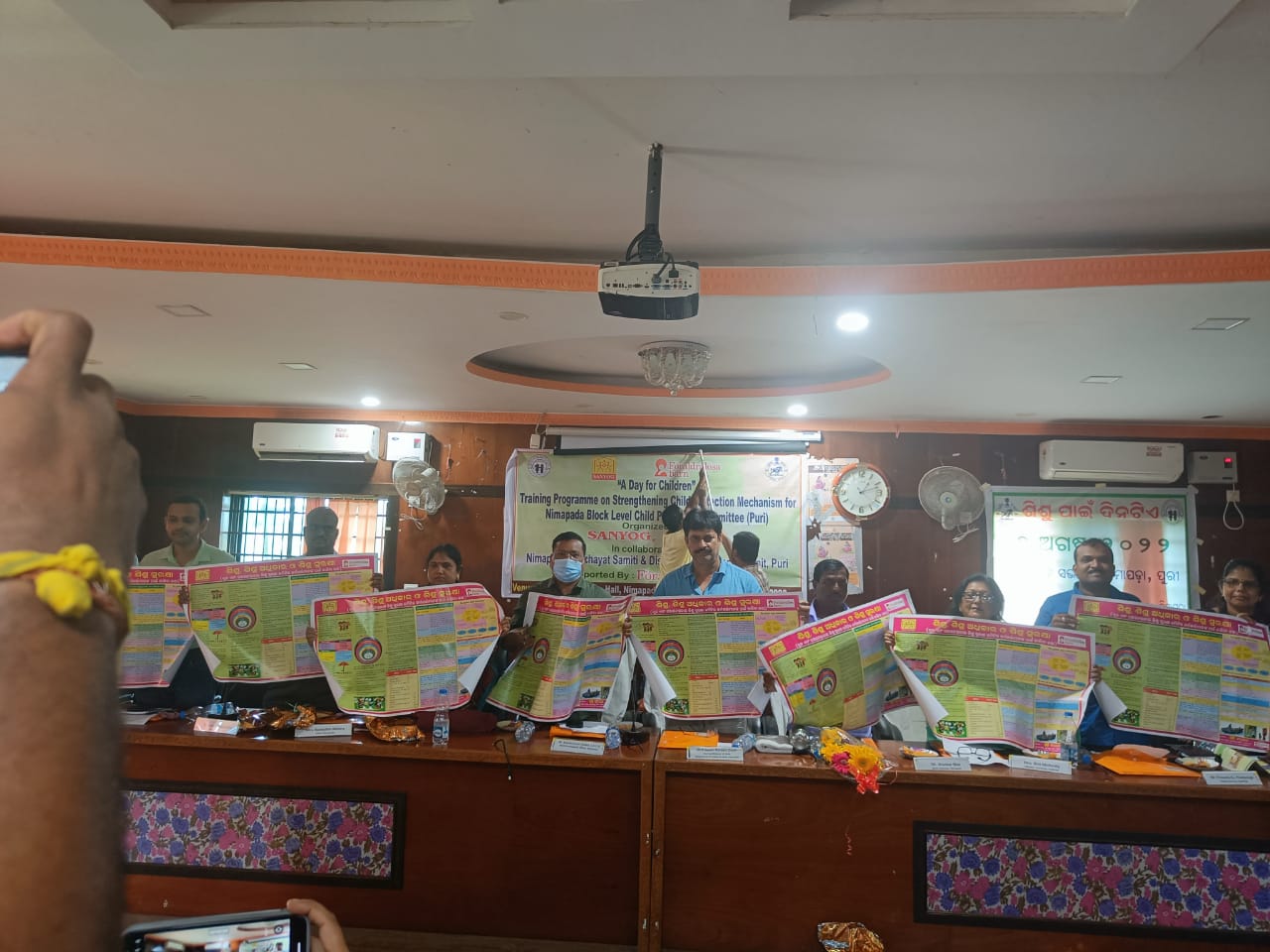
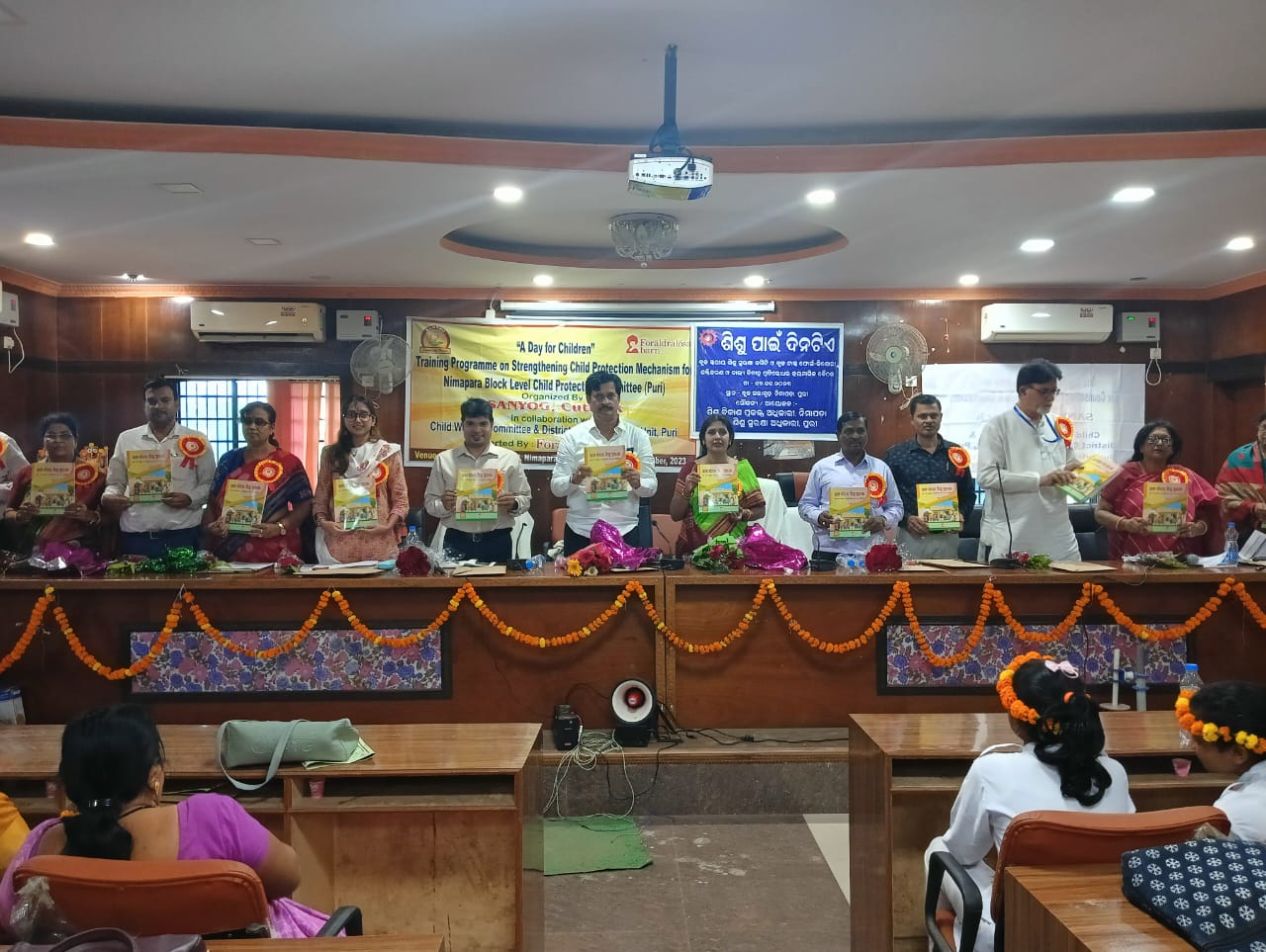

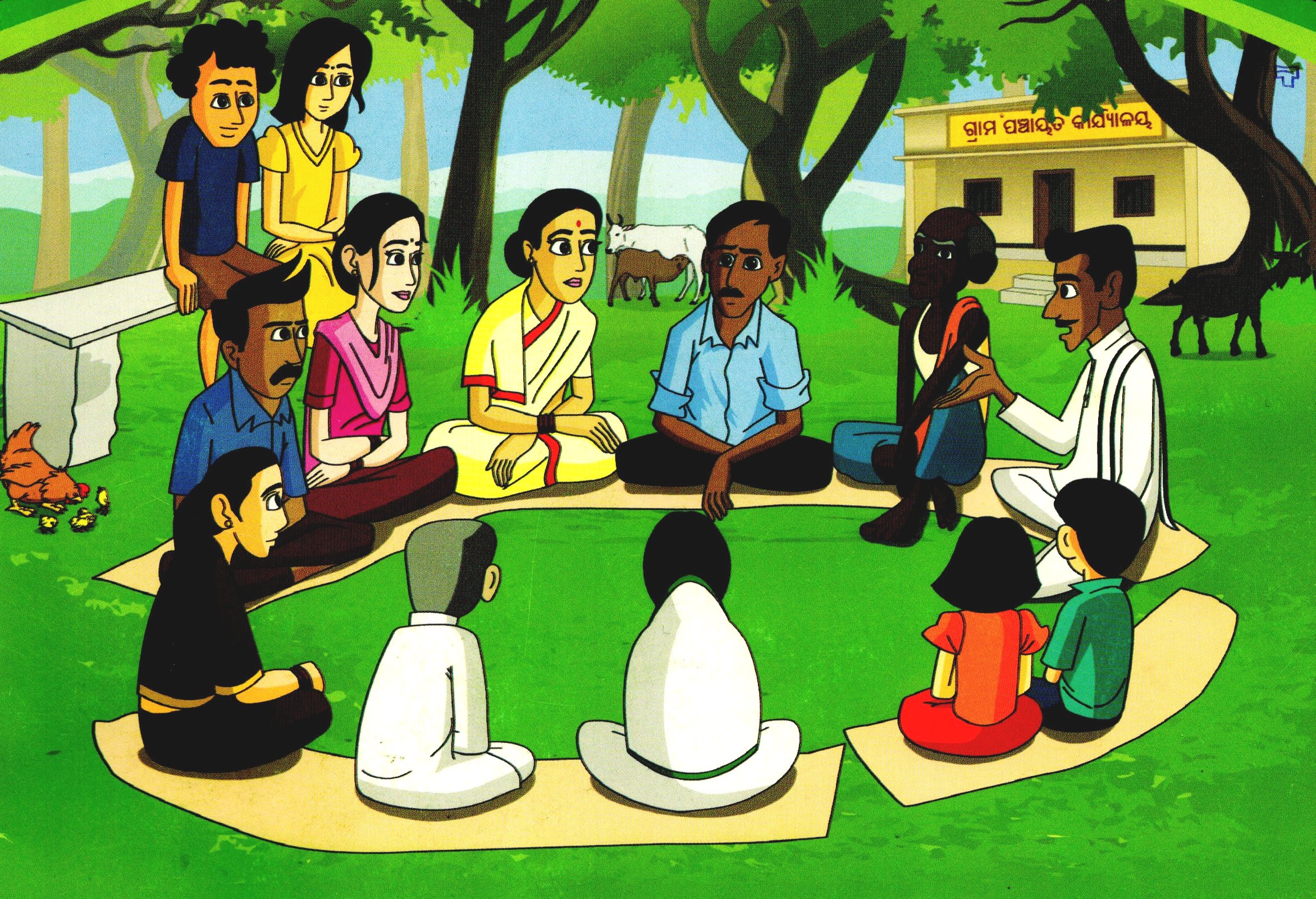
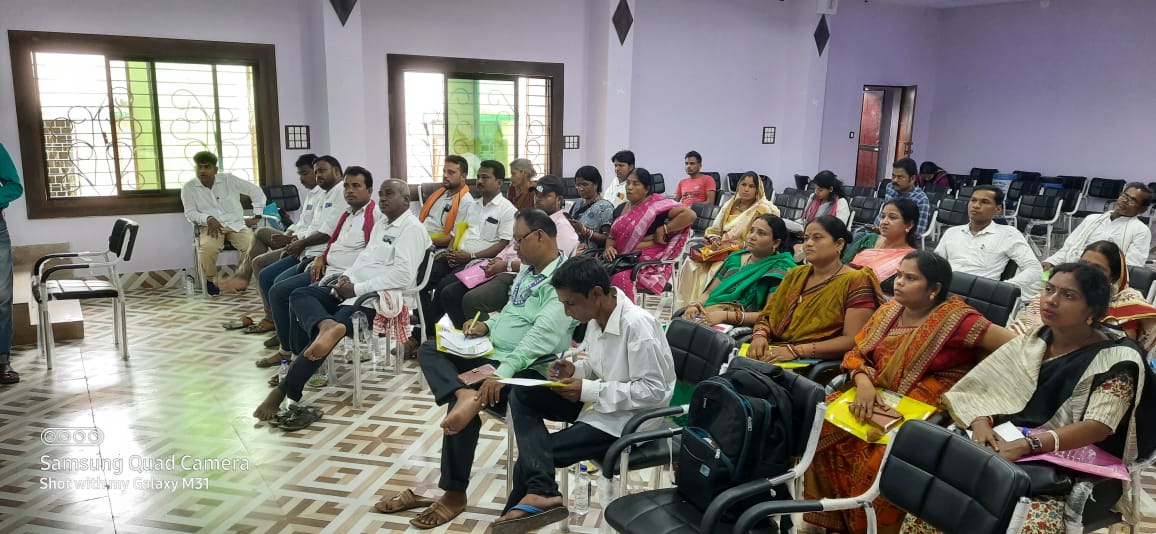
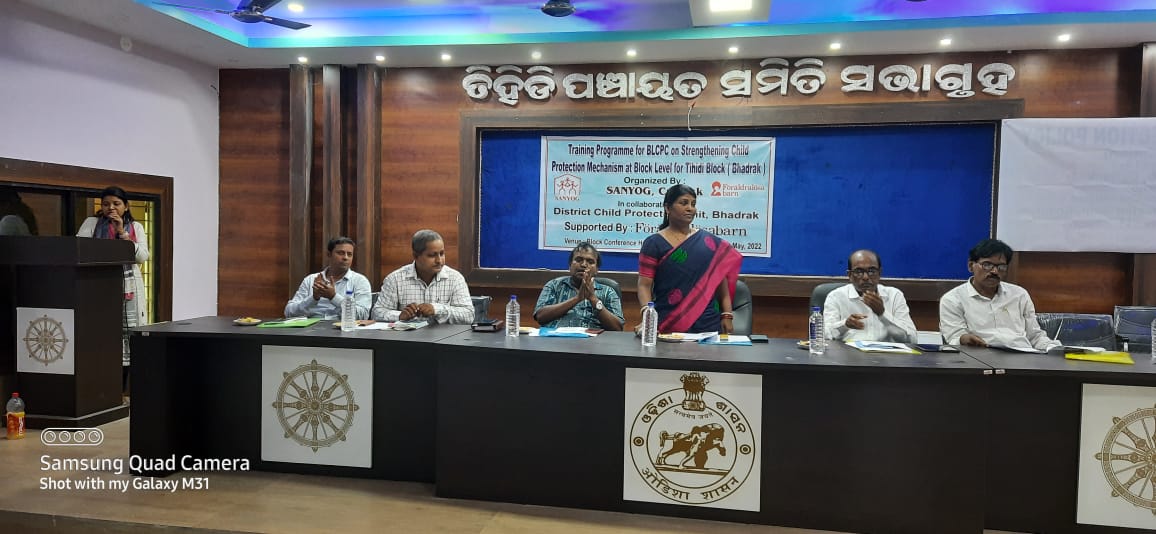
The Govt. of India has adopted the Integrated Child Protection Scheme (ICPS) which necessitates the States to establish, promote, and strengthen community-based child protection mechanisms that recognize, promote, and protect the rights of children at different levels. ICPS provides for the formation of different committees at grassroots levels such as Block, Panchayat, and Village, as an initiative of government-civil society partnership, for creating a safety net for children. Democratic structures at Block, Panchayat, and Village are integral parts of local self-governance in India.
In the context of Odisha, although some initiatives have been made to constitute the BLCPCs in order to comply with the provisions of ICPS, yet most of such constituted BLCPCs are for name-sake only and far from being functional in true sense. Their sittings in the past years have been very irregular, members of BLCPC not aware about their roles and responsibilities, trainings hardly imparted for them to strengthen their capacity on child protection, lack of initiatives from government, etc., and all these suggest that there hasn’t been adequate preparedness to make the functioning of BLCPCs effective and pro-active. In few other instances, BLCPC meetings are merged with some other meetings of government wherein child protection issues are hardly given any importance.
As BLCPC meetings are not being held periodically and not given due priority for addressing local child protection issues, the very purpose of its constitution is practically lost. Furthermore, it has been observed that most of the elected representatives like the Sarapanchs, who head the Panchayats and constitute the major part of the BLCPCs, are the ones having little or no knowledge on child rights and child protection. As such, training for the BLCPC members to strengthen their capacity has become imperative for them to function effectively and it needs to start nearly from the scratch.
Developing Child Protection Policies in Child Care Institutions


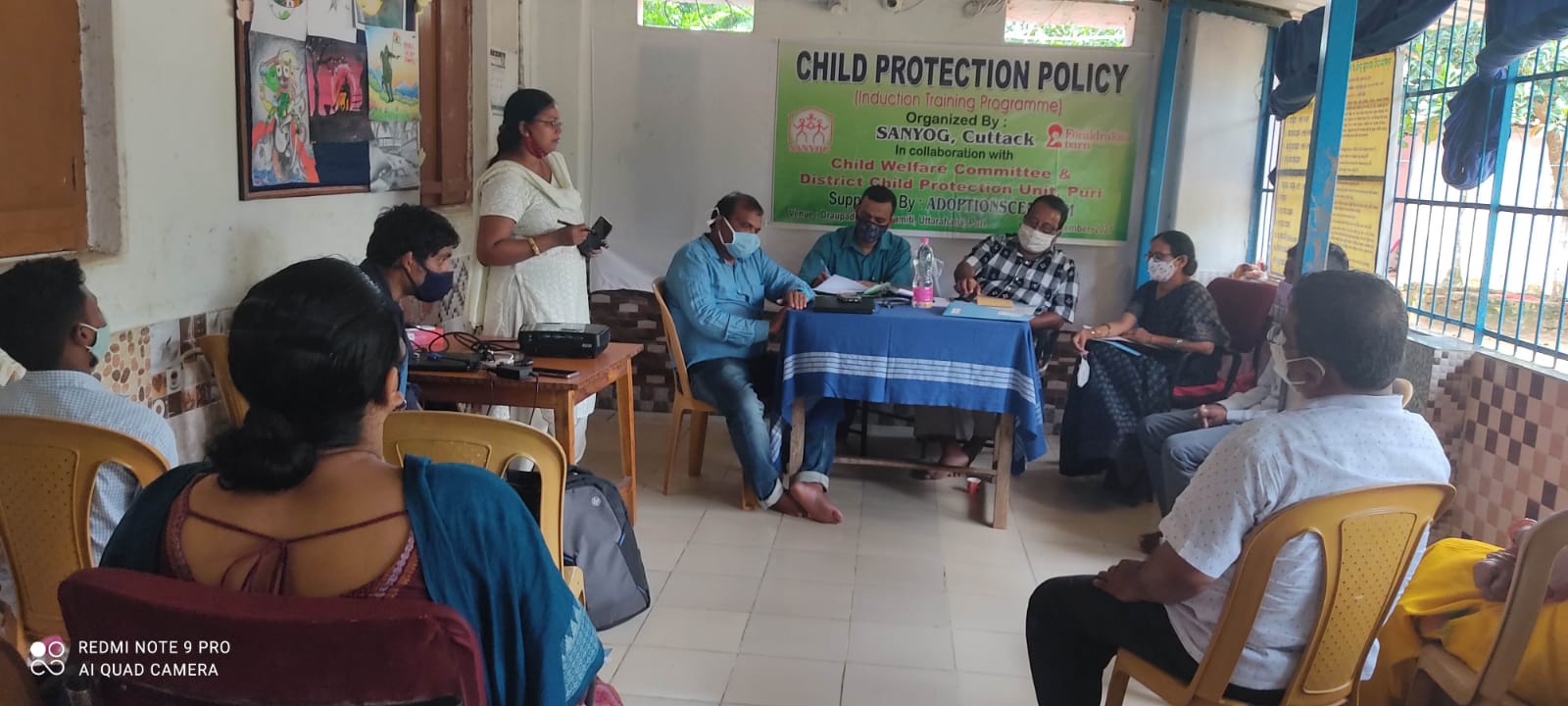
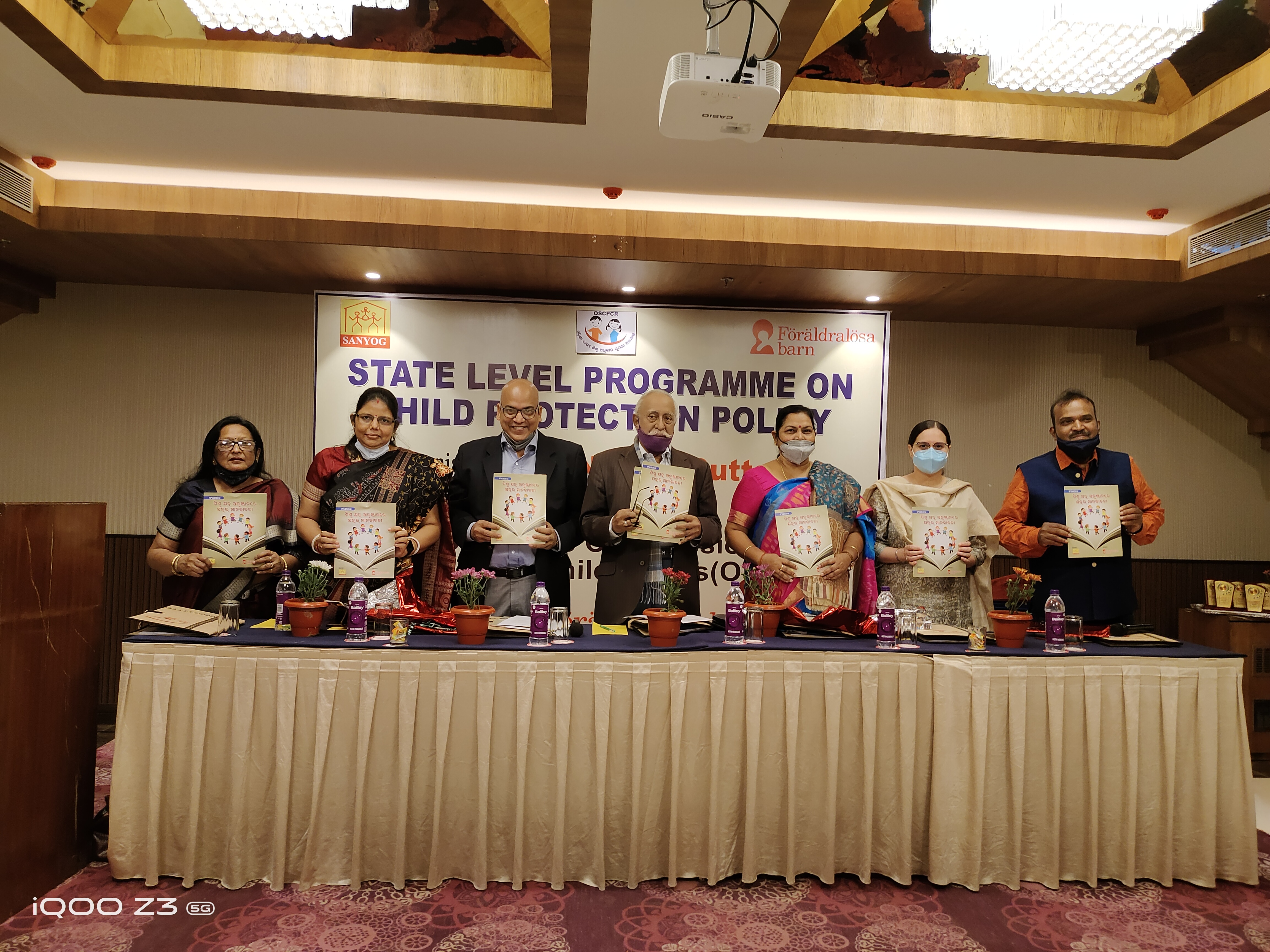
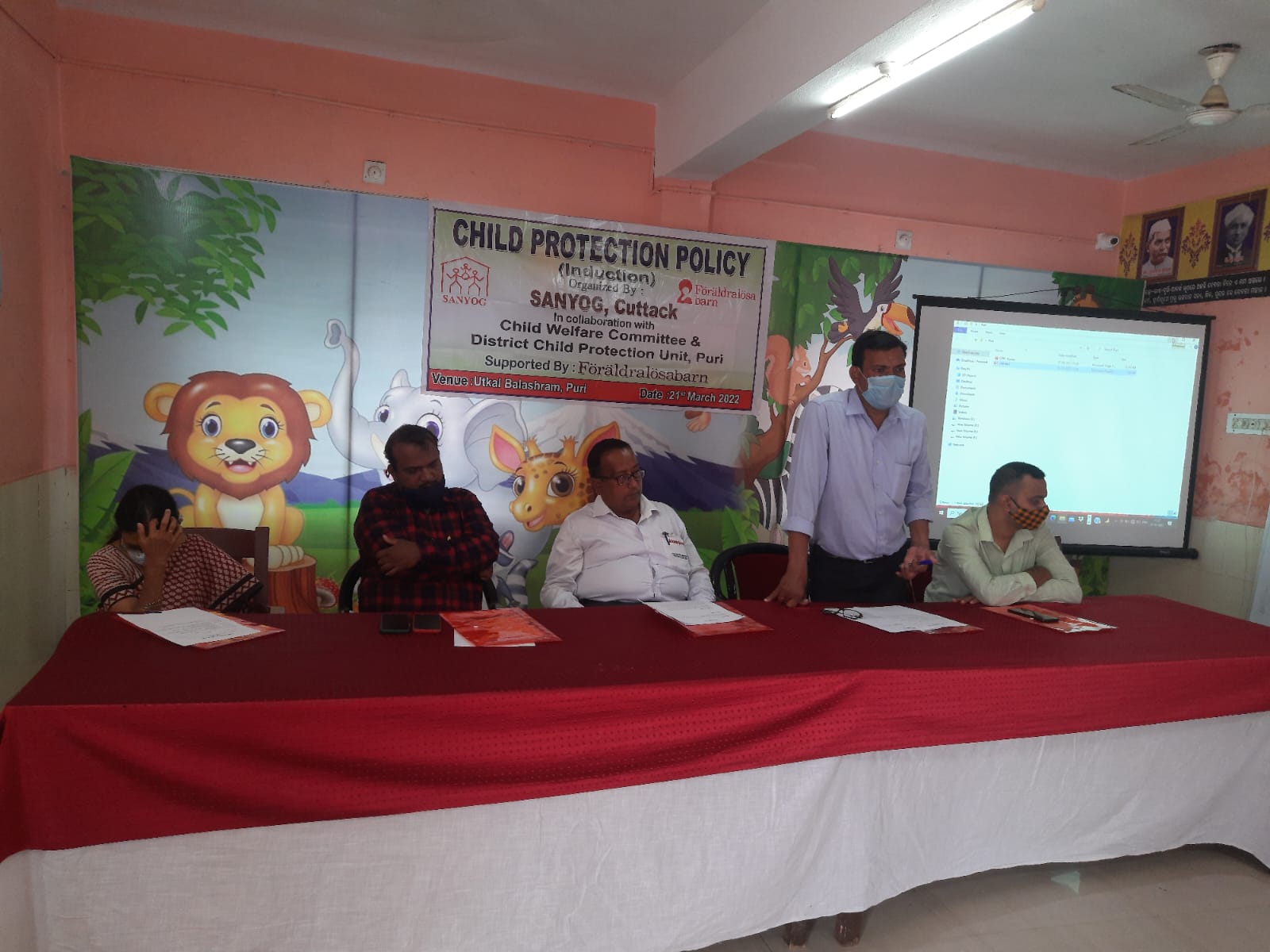
As far as child protection policies are concerned, most of the childcare institutions in Odisha don’t have child protection policies (CPPs), and this is one of the major grey areas in the domain of child care and child protection in Odisha. The Government of Odisha issued ‘Guidelines for Ensuring a Child Safe Environment in Institutions Where Children are Housed and/or Study’ on 23rd August 2014, which mandates that all institutions need to develop and implement a Child Protection Protocol; no significant headway has been made in that regard.
The first-ever social audit in 2019 by the National Commission for Protection of Child Rights (NCPCR) in India reveals all is not well with the child care homes in Odisha. It was found that as many as 175 homes, accounting for 68 percent of the child care institutions in the State do not have adequate measures to prevent any form of physical, emotional abuse of children that results in trauma. It further says, Odisha is among the worst-performing five States in the country where over 60 percent shelter homes lack adequate measures to prevent abuse. Moreover, there have been emerging challenges like the unprecedented rise in online sexual abuse of children during the Covid-19 pandemic. As such, it is imperative that all the childcare institutions in our State have child protection policies in place to keep children away from harmful situations. Additionally, it shall also protect functionaries from being landed up in unwanted situations. Since 2021, child protection policies developed in 3 CCIs under the initiatives of Sanyog and 3 child protection policies in another three CCIs in 2022, the targeted 12 CCIs would be provided guidance and hand-holding support in order to draft, develop and finalize their own Child Protection Policies.
Capacity Building
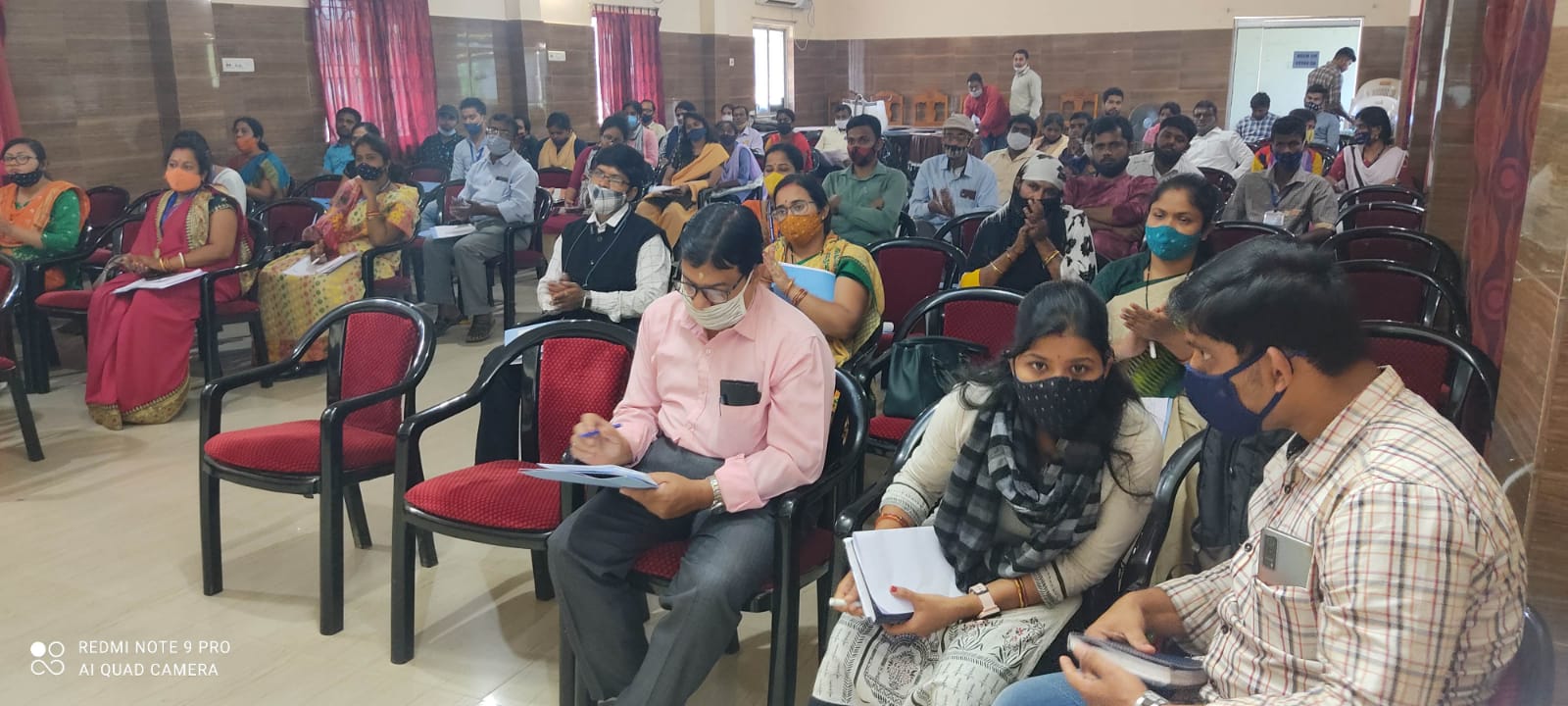

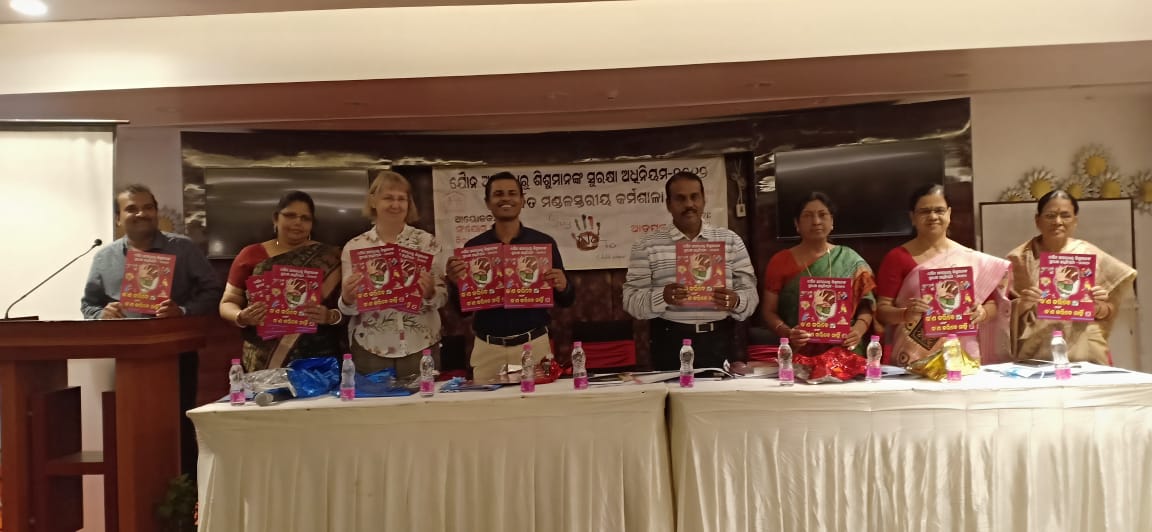
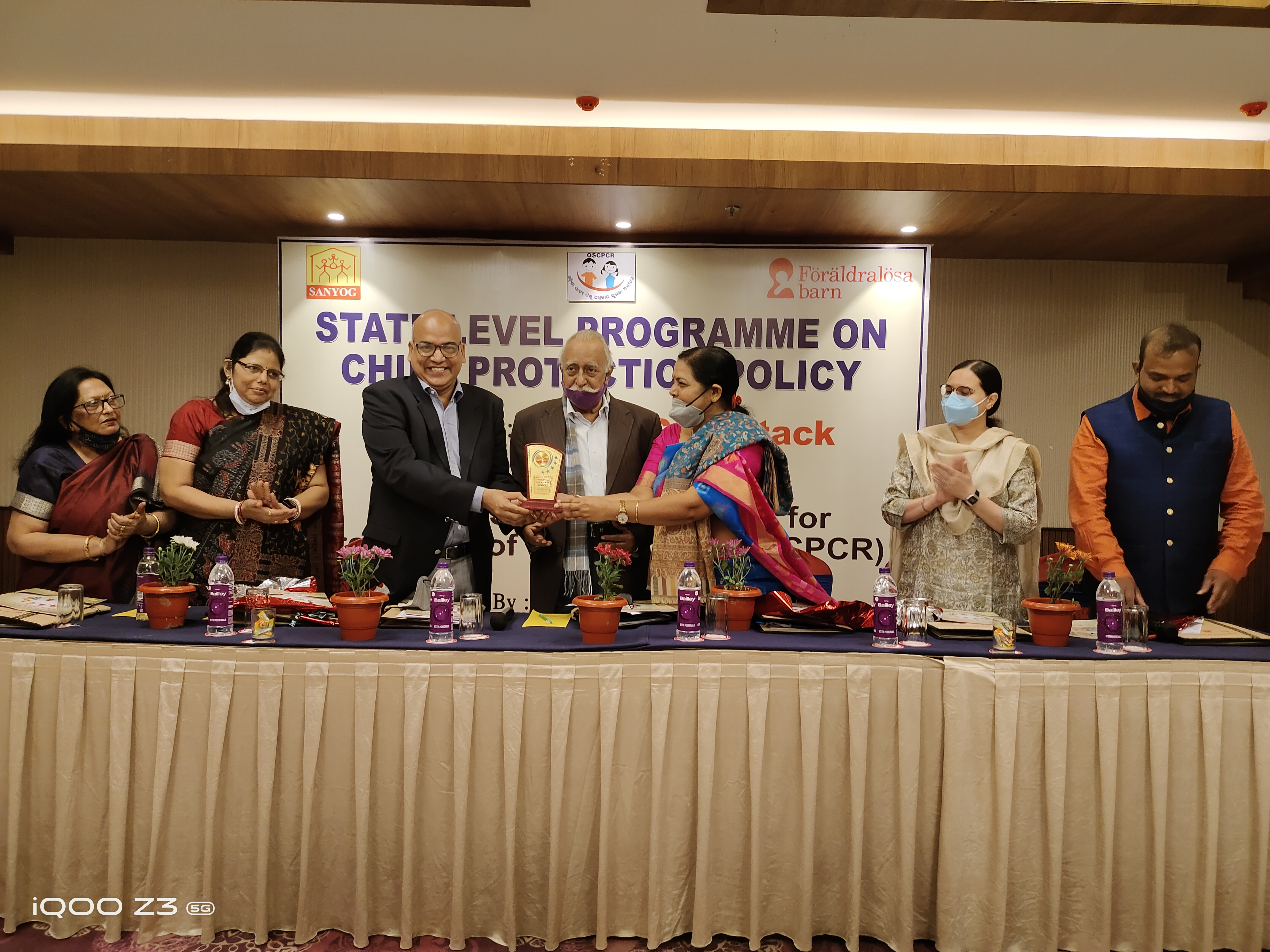
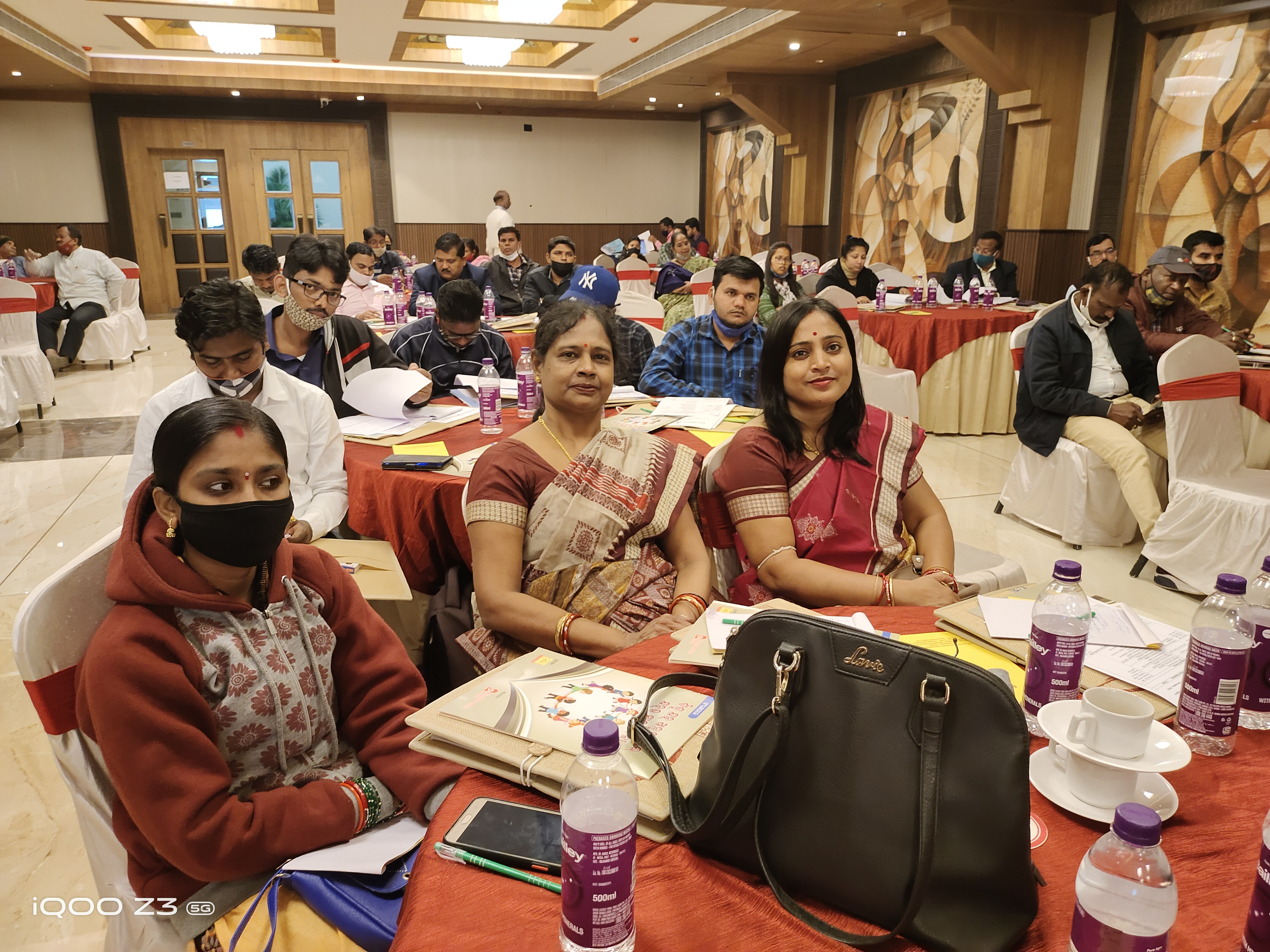
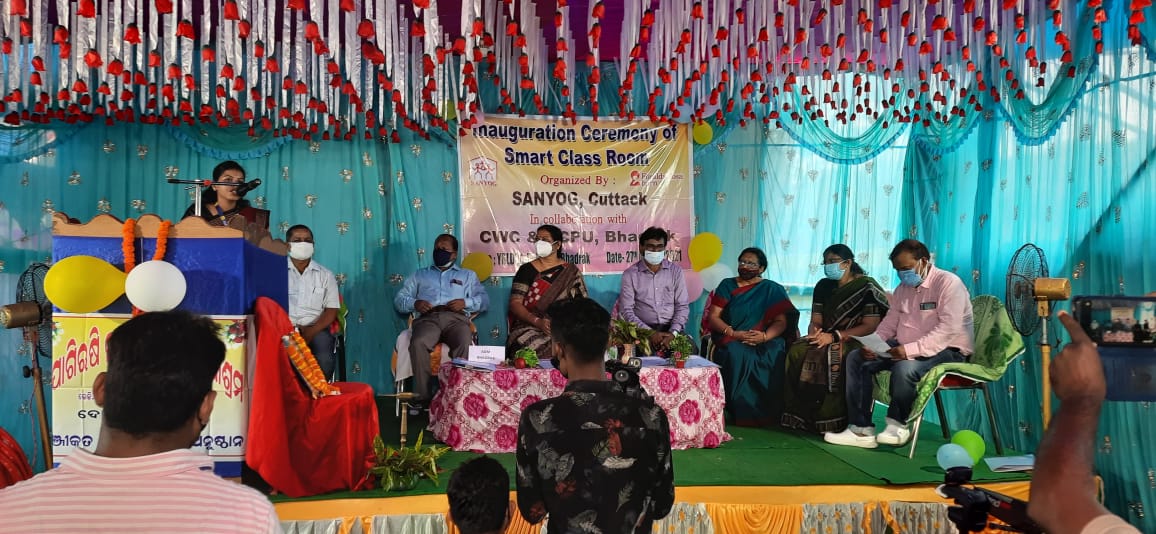
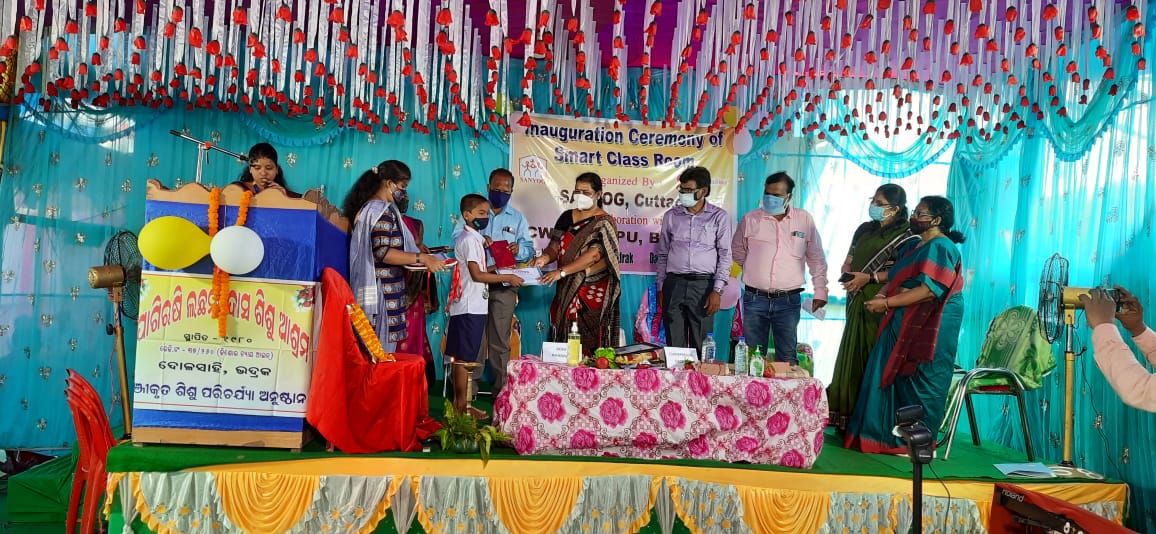
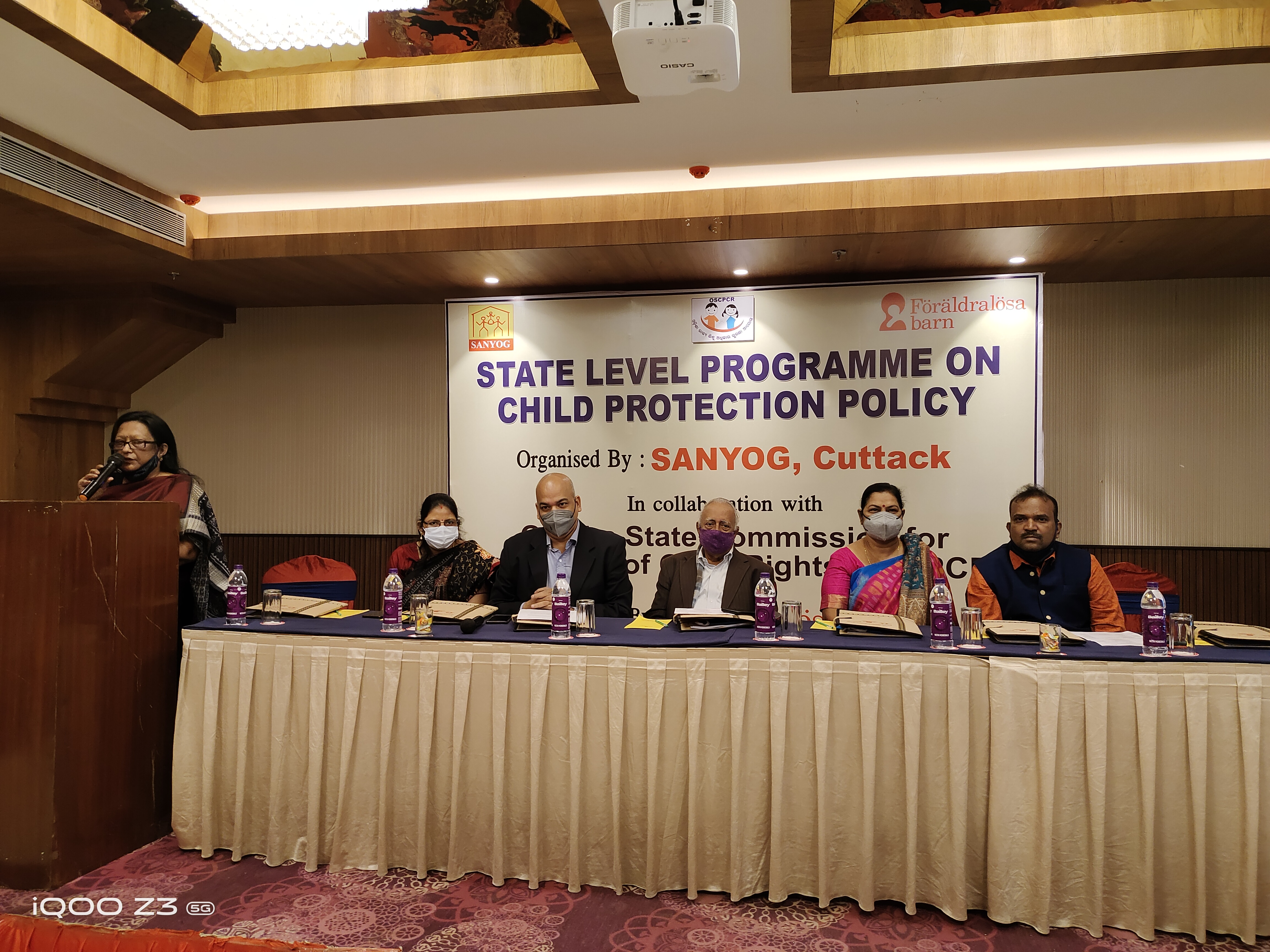


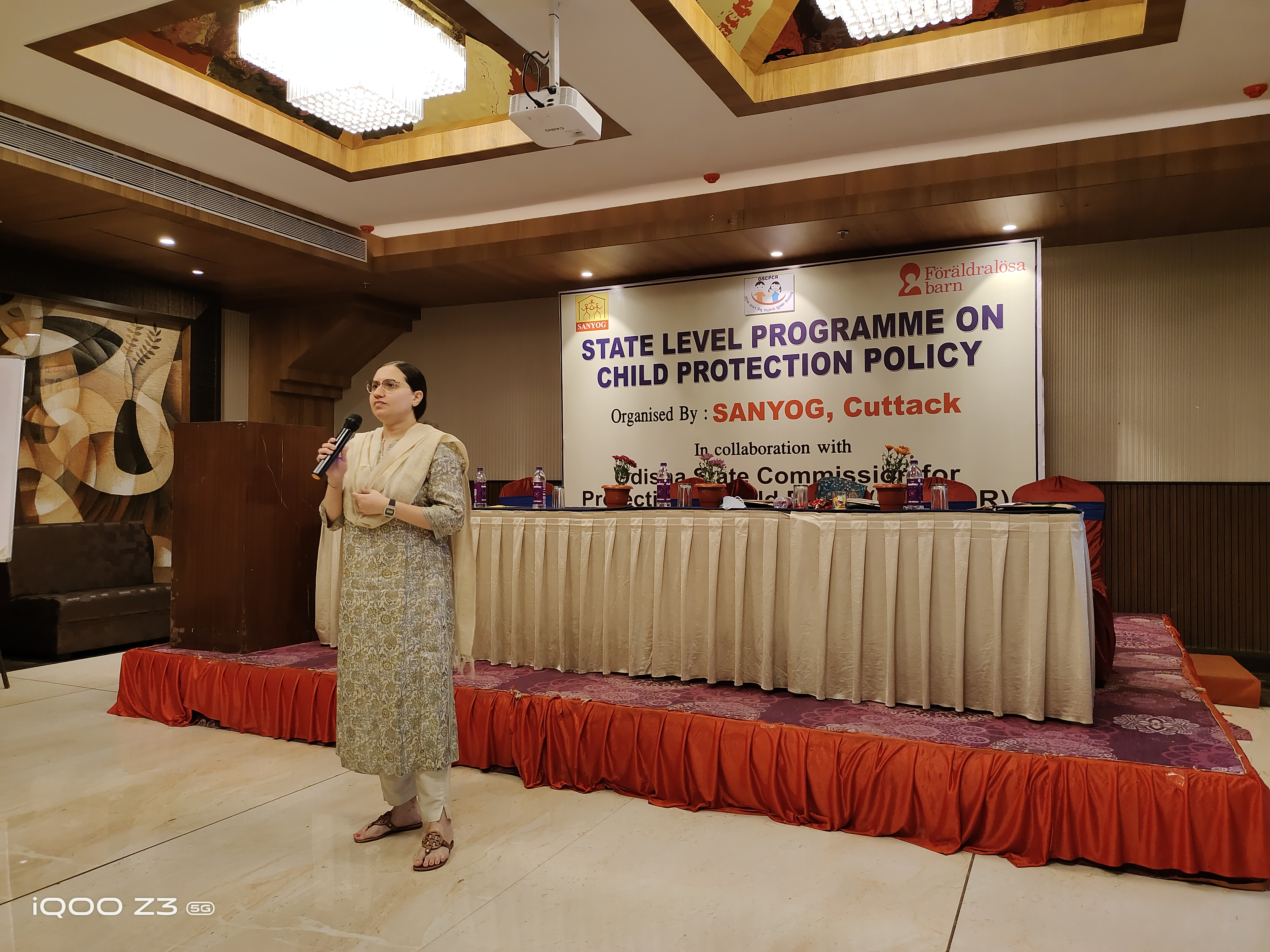
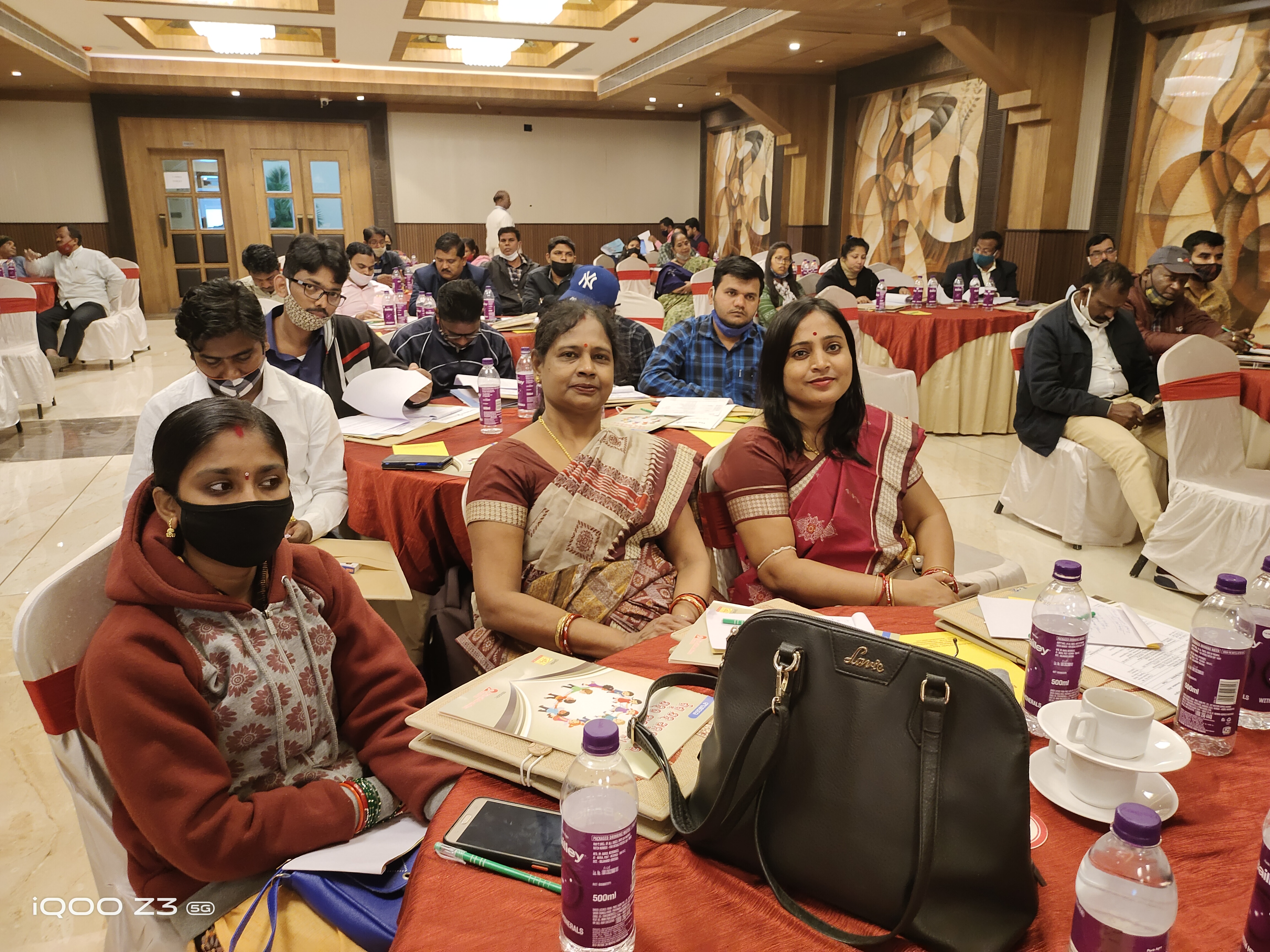
The Capacity Building Training Programme is undertaken in all project districts for creating awareness and sensitization for different stakeholders, especially CWCs, JJBs, Lawyers, Medico personnel, Excise personnel, and Police personnel, for better implementation of the Juvenile Justice Act. It has now become a resource organization for effective implementation of the Juvenile Justice system in the State. All these diversified child-friendly activities have only enhanced its credentials as a leading Child Rights NGO in Odisha. With the support, cooperation, and patronage of all concerned, Sanyog is looking forward to render even better services to the society in the coming days.
The objective of this project was ensuring better implementation of provisions under the JJ Act, awareness of different child welfare legislations, skill development of functionaries of childcare institutions on implementing gatekeeping policies, exploring rehabilitation measures, and providing livelihood support for children in need of care and protection. Major focus was on developing gatekeeping policies and implementing measures for the key stakeholders in different project districts.
District Level Capacity Building Programmes
District Level capacity building programmes for the stakeholders constituted the most important aspect of the project. These programmes were the core of the project, where we provided inputs in the form of training to stakeholders. Registered childcare institutions were the prime target group in these programmes. We also involved important government officials from district administration, district medical office, Office of police superintendent, district labour and employment office, District Industries Centre (DIC), District Child Protection Unit (DCPU), Child Welfare Committee (CWC), Child line, SJPU (Special Juvenile Police Unit), etc. in these programmes at different districts. The district level capacity building programmes focused more on functionaries of childcare institutions to devise and strengthen gatekeeping policy, procedures, production of children before CWC for determination of their status, Vulnerability mapping, Resource mapping, Convergence with other line departments, preparation of individual care plans for undertaking rehabilitation measures and de-institutionalization, etc.
Zonal Level Capacity Building Programmes
Zonal level capacity building programmes are being organised in all the three zones. The objective of such programmes is to critically assess the inroads that we have made in implementing different project activities and attaining the project objectives. Important stakeholders are being invited to these programmes in their respective zones for discussion on -
- Conceptual and procedural aspect of Gate Keeping mechanism
- Group discussion on roles & responsibilities of stakeholders in gatekeeping process
- Presentation of district scenario by major stakeholders of each district on gatekeeping aspects
- Open house discussion on strength & constraints regarding implementation of gatekeeping practices
State Level Capacity Building Programme
At the end of the year, Sanyog organizes a State level capacity building programme. The major invitees are the personnel and stakeholders under the JJ system, such as representatives from the CWCs, DCPUs, CCIs, Child lines in the project-implemented districts; officials from W&CD Department in Government; UNICEF, SCPCR media personnel, and State Commissioner for Persons with Disability, etc. The main objective of this State level programme is to have an introspection regarding the activities undertaken to implement the relatively new concept of gatekeeping, to find out how it has gone down amongst the stakeholders. It mainly focuses on accessing the internalization of the concept of gatekeeping, Juvenile Justice Act, ICPS, and how the stakeholders can put their acts together to achieve greater success with this concept on real basis.
Institutional Level Interactive Programmes
As scheduled in the project, one institution was selected in the implemented district for conducting interactive programmes at the institutional level. Here we provide inputs both for the functionaries and inmates of the childcare institutions in the same forum on aspects like awareness on health and hygiene, environmental protection, preparation of ICPs, educational psychology, planning rehabilitation measures for inmate children, skill development training, Life Skill Education, etc.